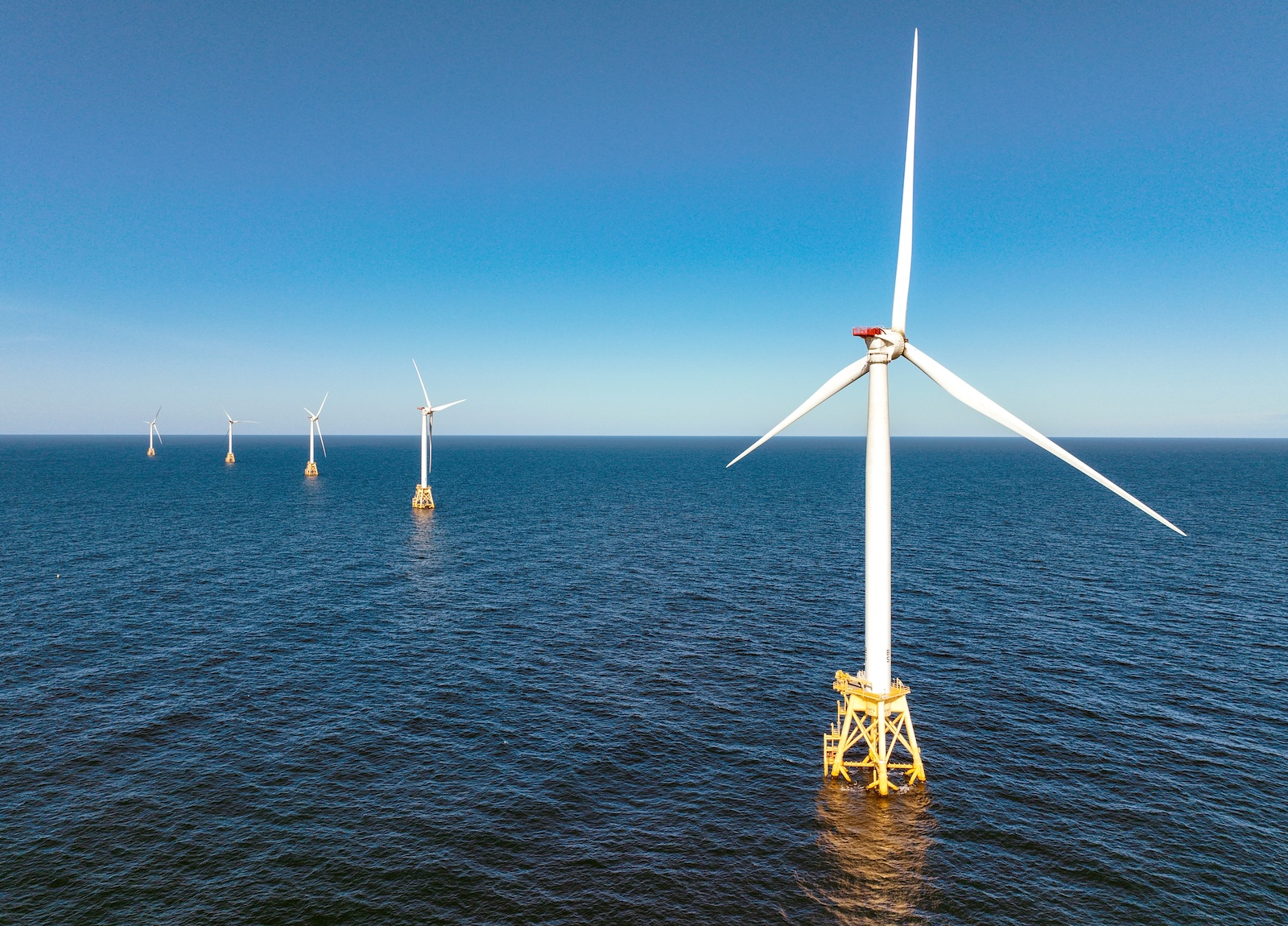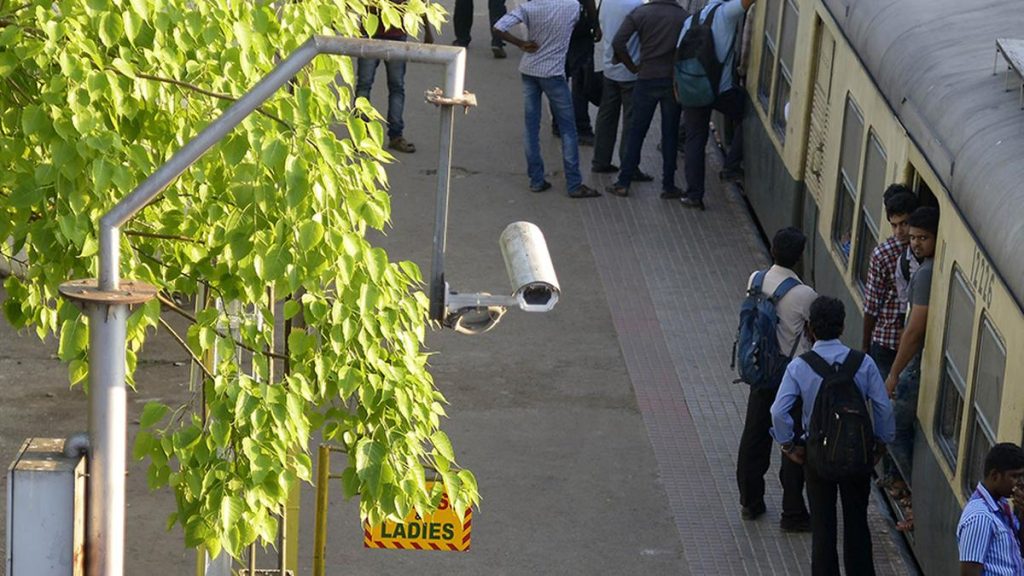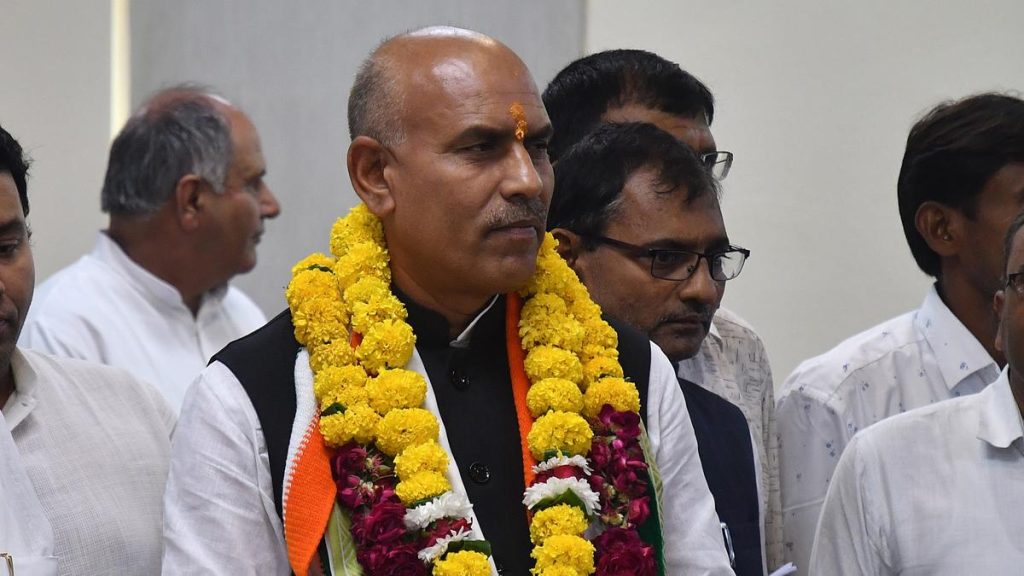Now Reading: Can Offshore Wind Thrive Under Trump Administration Policies?
-
01
Can Offshore Wind Thrive Under Trump Administration Policies?
Can Offshore Wind Thrive Under Trump Administration Policies?

Fast Summary
- Wind energy, despite its initial hurdles and skepticism, has evolved as a promising renewable source.
- Revolution Wind Project, expected to bring 704 MW of power to connecticut and Rhode Island, faces a stop-work order from the Bureau of Ocean Energy Management citing unspecified national security concerns.
- Trump administration actions include cancellation of $679 million funding for offshore wind hubs and othre moves hindering renewable energy projects like Lava Ridge in idaho and projects off Maryland’s coast.
- Experts warn that such disruptions could deter international investment in U.S.renewables for years,increasing costs for future developers and utility bills.
- Offshore wind farms face complex regulatory challenges in the U.S., compounded by reliance on supply chains requiring resources like steel or rare earth elements mainly produced in China. Installation also depends on specialized ships that are scarce due to constraints from the Jones Act.
- Local resistance includes claims about environmental harm-often influenced by misinformation campaigns linked to oil and gas industries-but studies find minimal impact on marine ecosystems based on stringent environmental standards under NEPA laws.
- If halted entirely, experts predict higher electricity prices, increased chances of blackouts for regions reliant on Revolution Wind’s anticipated output.
indian Opinion Analysis
India can draw significant lessons from the challenges facing offshore wind development in the United States. As a rapidly industrializing nation with growing energy demands, India is actively exploring renewable options including offshore wind farms along its coastline. However, regulatory bottlenecks-similar to those seen in the U.S.-could hinder progress unless streamlined policies are implemented.
The geopolitical implications encountered by U.S.-based developers outline why diversifying supply chains is key when pursuing major technology-dependent infrastructure projects; India’s targeted push towards domestic manufacturing under “Aatmanirbhar Bharat” aligns well with mitigating such external dependencies for materials like steel or rare earth elements essential for turbine construction. Additionally, addressing opposition rooted in misinformation through scientific outreach will be crucial for maintaining public support.
while advancing renewables remains critical not just environmentally but economically (reducing import dependence as India accelerates electrification), fostering global investor confidence amidst complex permitting systems could ensure steady growth without fears akin to those expressed by American stakeholders over inconsistent policies causing long-term instability.


























